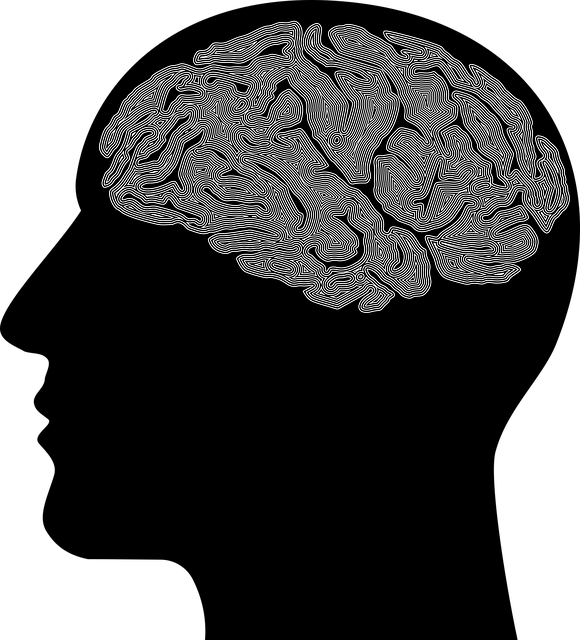Crisis Intervention Teams (CITs) are specialized groups of healthcare professionals trained to support individuals with mental health challenges, particularly Oppositional Defiant Disorder (ODD), in Westminster. Through evidence-based communication strategies and de-escalation techniques, CITs promptly address crises, reduce stigma, and promote positive outcomes. Training programs focus on understanding ODD's causes, integrating coping skills development, self-care for professionals, and stigma reduction. Tailored to regional needs, these CIT programs enhance mental health care systems' resilience, improving patient outcomes in Westminster Oppositional Defiance Disorder therapy.
“In today’s diverse mental health landscape, Crisis Intervention Team (CIT) training programs play a pivotal role in equipping professionals to support individuals grappling with complex challenges. This article explores the critical function of CITs, particularly in addressing Westminster Oppositional Defiance Disorder (ODD). We delve into specific training programs designed for ODD, examining their impact on professional skills and real-world application. By understanding ODD behaviors and implementing effective strategies, these programs enhance the availability and quality of mental health support.”
- Understanding Crisis Intervention Teams: A Vital Resource for Mental Health Support
- Westminster Oppositional Defiance Disorder (ODD): Identifying Behaviors and Challenges
- Training Programs: Equipping Professionals with ODD-Specific Skills
- Implementation and Impact: Effective Strategies for Real-World Application
Understanding Crisis Intervention Teams: A Vital Resource for Mental Health Support

Crisis Intervention Teams (CITs) are a vital resource for providing immediate mental health support to individuals experiencing crises, particularly those with oppositional defiance disorder (ODD). These teams, often comprising trained professionals from various backgrounds, such as healthcare, education, and social services, are designed to de-escalate high-risk situations. By quickly responding to individuals in need, CITs can help reduce the impact of mental illness stigma reduction efforts and offer a safety net during times of heightened distress.
Effective CIT training programs equip members with essential communication strategies, empowering them to connect with individuals experiencing mental health challenges on a deeper level. This involves understanding the nuances of ODD and other related disorders, as well as employing evidence-based practices in crisis intervention. Through rigorous Mental Health Policy Analysis and Advocacy, these programs ensure that participants are prepared to navigate complex situations, provide compassionate care, and promote positive outcomes for those facing mental health crises.
Westminster Oppositional Defiance Disorder (ODD): Identifying Behaviors and Challenges

Westminster Oppositional Defiance Disorder (ODD) is a behavioral condition characterized by persistent defiant and hostile attitudes towards authority figures. In children and adolescents, ODD manifests as frequent arguments with parents, teachers, or other adults, deliberate attempts to annoy or upset others, and a general refusal to comply with rules and requests. Recognizing these behaviors early on is crucial for effective Westminster Oppositional Defiance Disorder therapy.
Training programs focused on crisis intervention often delve into the nuances of ODD, equipping professionals with strategies to address the challenges posed by this disorder. These programs emphasize the importance of understanding underlying causes, such as poor communication skills, low self-esteem, or environmental stressors, which can contribute to oppositional behavior. By integrating techniques from mental wellness coaching programs and developing coping skills, crisis intervention teams can help individuals with ODD learn more adaptive ways of expressing their emotions and interacting with others, ultimately fostering improved mental wellness and stress management.
Training Programs: Equipping Professionals with ODD-Specific Skills

Training programs designed for crisis intervention teams play a pivotal role in equipping professionals with the specialized skills needed to address Oppositional Defiant Disorder (ODD). These intensive courses delve into the nuances of ODD, fostering a deeper understanding of the disorder’s complexities. Through interactive workshops and practical exercises, participants learn effective strategies to manage crises and support individuals struggling with ODD.
Beyond direct intervention techniques, these programs emphasize the importance of self-care routine development for better mental health. By integrating mindfulness practices and stress management tools, professionals can prevent burnout and maintain their emotional well-being. Additionally, mental illness stigma reduction efforts are integrated into the curriculum, promoting a more inclusive environment where individuals with ODD feel supported and understood.
Implementation and Impact: Effective Strategies for Real-World Application

The successful implementation of crisis intervention team (CIT) training programs hinges on practical, real-world application strategies. These initiatives, designed to equip mental health professionals with enhanced skills in managing severe emotional crises, must be integrated into existing healthcare systems seamlessly. One proven approach involves tailoring CIT training to address specific challenges within a community, such as the increasing prevalence of Westminster Oppositional Defiance Disorder (WODD) therapy cases. By incorporating evidence-based techniques like communication strategies and de-escalation methods, these programs empower professionals to respond effectively in high-stress situations.
Additionally, regular Stress Management Workshops Organization (SMWO) sessions can reinforce learned skills and foster a culture of continuous learning among mental health workers. Equally important is integrating Risk Management Planning for Mental Health Professionals, ensuring they are prepared not just for individual crises but also for managing systemic risks within the healthcare setting. Such comprehensive strategies not only enhance patient outcomes but contribute to the overall resilience of mental health care systems.
Crisis intervention team training programs, specifically designed for issues like Westminster Oppositional Defiance Disorder (ODD), are instrumental in enhancing mental health support. By equipping professionals with ODD-specific skills, these programs facilitate more effective interventions and improved outcomes for individuals struggling with this complex disorder. The integration of such training into real-world settings, as highlighted by the implementation and impact section, underscores the potential for crisis intervention teams to revolutionize Westminster ODD therapy and foster better communities.














